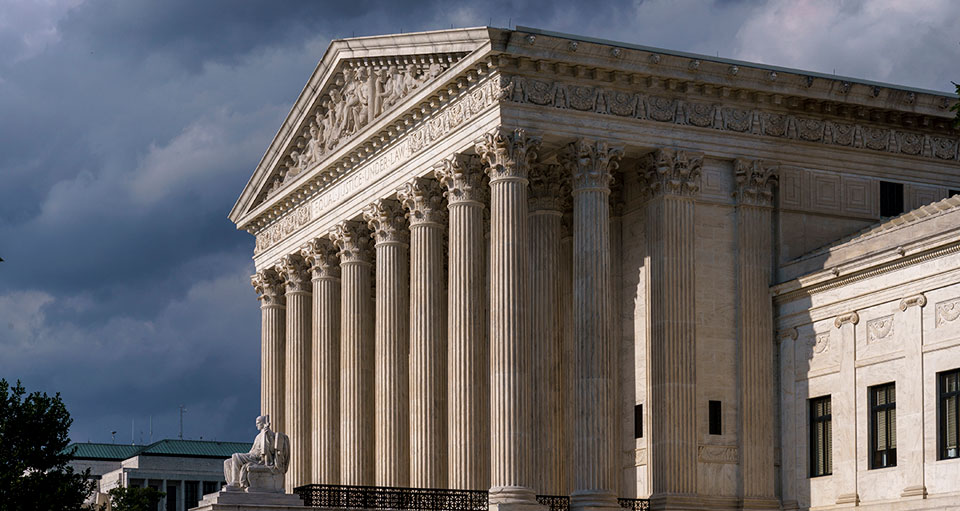
The Supreme Court will not end the ability of the Biden administration to factor in the social impacts of climate change. It completely rejected a move from a request from Republican-controlled states to prevent the administration from considering those impacts when it makes rules on the environment.
The decision means the White House can increase the dollar amount of its estimates of the cost of future carbon damage when it makes rules that affect companies that pollute. The current amount is $51 per ton of greenhouse gases spewed into the atmosphere, but people in the Biden administration want it to be raised as much as four times that amount.
In response to a legal challenge led by Louisiana, Judge James Cain – initially a Trump-appointed judge – of the U.S. District Court for the Western District of Louisiana, issued an injunction earlier this year against any use of the social cost of carbon, which had been previously used by the Obama administration. That decision blocked rules, blocked environmental reviews, and caused enormous headaches for the Biden administration.
In March, the 5th Circuit Court of Appeals stayed Cain’s injunction, ruling that Louisiana and the other states filing the GOP objections lacked standing to challenge the metric directly, but needed to challenge it as applied to a specific rulemaking.
Louisiana appealed to the Supreme Court for help, describing the Biden rule as making “a power grab designed to manipulate America’s entire federal regulatory apparatus.” The Biden administration resisted, arguing that the states lack standing and that the challenge was premature.
In a brief order issued on Thursday, the Supreme Court sided with the Biden administration, rejecting – without explanation – Louisiana’s emergency motion; there were no noted dissents.
Meanwhile, the White House is expected to put forward a broader update of the social cost of potential pollution in the coming months. Experts argue that advancements in both climate and economic forecasting justify raising the figure to as high as $200 or more. This can mean much heavier payouts by – and fines against – companies that pollute.
The Supreme Court’s refusal to get involved in the Louisiana suit is likely a bad sign for a similar but separate legal action led by Missouri and other states. In Missouri’s case, a district court judge tossed the lawsuit last year after finding the states lacked standing, much like the 5th Circuit had concluded about Louisiana.
The Missouri lawsuit is on appeal before the 8th Circuit, where oral arguments are scheduled for June 16. The 8th Circuit isn’t bound by the 5th Circuit’s ruling but likely will take notice of the Supreme Court’s decision not to reverse it.












Comments